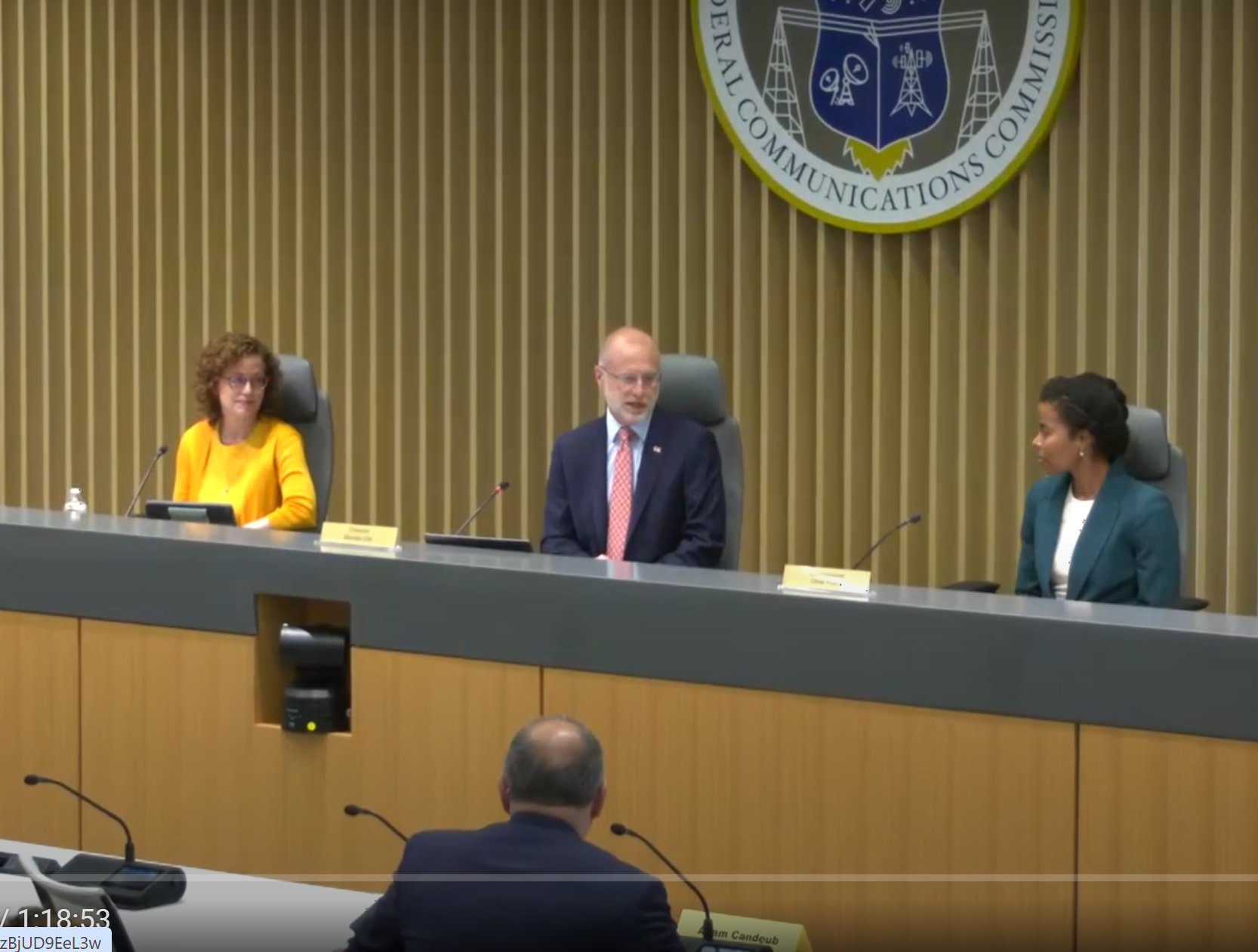Broadcast Flag Critics Get Two More Weeks
Consumer groups fighting against the broadcast flag have two weeks to clarify in greater detail why they have the legal standing to bring the case to court.
The American Library Association (ALA), consumer groups Public Knowledge and Electronic Frontier Foundation (EFF) and others that filed a suit in the U.S. Court of Appeals, D.C., accuse the FCC of exceeding its authority in mandating the broadcast flag. The flag challengers have not convinced the three-judge panel that their case is self-evident and must clarify how the flag--digital code that prevents widespread Internet piracy of broadcast content--will harm them or consumers.
The ALA expressed concern that the flag will prevent educational institutions from making fair-use copies of television broadcasts to use for distance learning activities; public consumer groups say the flag may prevent people from sharing content in the home using PVRs or other digital devices. The flag does not affect analog broadcast content.
The groups must prove--in fewer than 4,000 words--that at least one of the members in the case is eligible as an individual to sue and that the protected interests in the case are relevant to the organizations involved.
Art Brodsky, communications director for Public Knowledge supported the move.
"We think we've got a good case. We're pleased the court gave us a chance to bolster our case," he said.
The Motion Picture Association of American (MPAA)--which argued that a paragraph in the petitioner's brief failed to prove their standing in the case--and the FCC have 10 days to respond to the comments made by the groups that filed the suit.
Whatever the outcome for the flag, the July 1 deadline for manufacturers to start developing TV sets that can read the digital code still stands.
The professional video industry's #1 source for news, trends and product and tech information. Sign up below.
